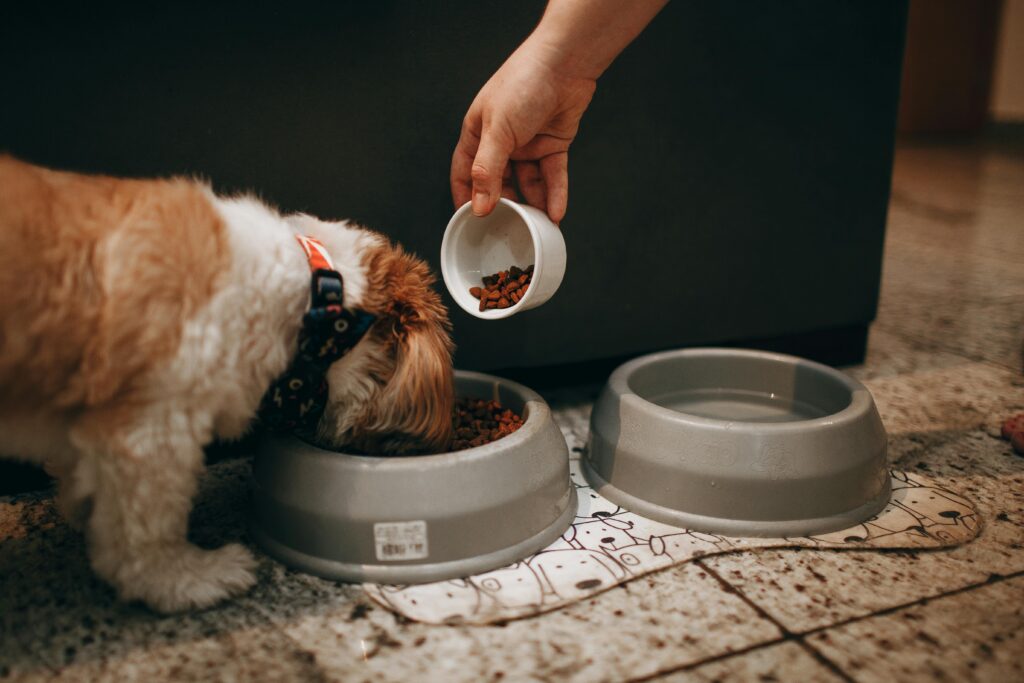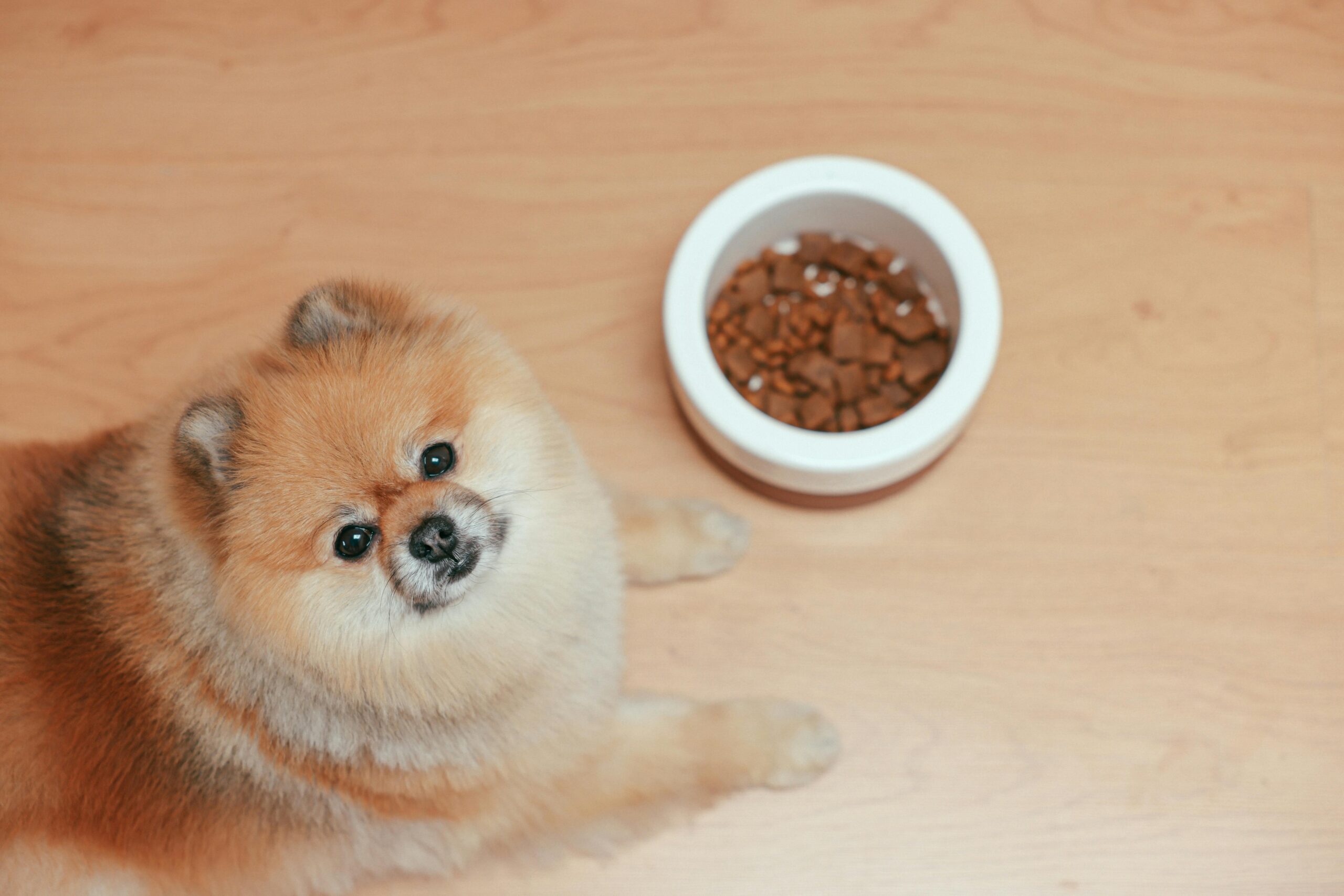Every pet owner wants their scaly, feathery, or furry creature to lead long, healthy, and happy life. A pet’s food is one of the most crucial elements determining their welfare. Giving your pet the proper nutrients guarantees their continued activity, playfulness, and free from avoidable health problems. But how can one find out if the diet of their pet is really good? Examined below in simple, understandable article will be the leading indicators of a good pet diet, thereby guiding your options.

Shiny and Soft Coat
Among the most obvious markers of a pet’s general condition is its coat.
Glossy Fur or Feathers
Dogs and cats get a lustrous coat from a good diet high in omega-3 and omega-6 fatty acids; birds get well maintained feathers. Should the fur or feathers of your pet seem dull or dry, this could indicate dietary deficits.
Minimal Shedding or Molting
Although all animals shed or molt to some degree, too much hair loss or irregular feather shedding can point to a dietary imbalance. Vitamins and high quality proteins support management of shedding.
No Bald Spots or Irritation
Balanced diets for healthy pets hardly cause skin problems. Bald areas, redness, or itching could point to food allergies or imply your pet requires more basic nutrients.
Healthy Weight and Body Shape
The long term health of your pet depends on you keeping a perfect weight.
Consistent Energy Levels
Pets with a healthy diet have steady energy for play and exercise. Whether lethargy or hyperactivity, abrupt swings in activity level could indicate their food isn’t reaching their needs.
Easily Felt Ribs (Without Prominence)
Dogs and cats should not be too conspicuous; you should be able to feel their ribs without pressing too hard. This harmony shows they are neither underweight nor overweight.
Proper Muscle Tone
Maintaining strong muscles depends on proper muscle tone; hence protein is necessary. Pets fed a diet high in protein show clearly developed muscles that help with posture and mobility.
Bright Eyes and Clean Ears
Often, windows into their general health are the eyes and hearing of your pet.
Clear, Bright Eyes
A good diet helps eyes to be clear, brilliant free from redness or discharge. Search for indications of dullness or cloudiness, which can point to underlying medical problems or nutritional imbalance.
Minimal Tear Staining
For breeds prone to tear stains, such Maltese dogs, a nutrient-dense diet and enough water help to reduce staining around the eyes.
Clean, Odor Free Ears
A good pet diet helps to boost immunity, therefore lowering the risk of ear problems. Look for any bad smells, wax buildup, or indicators of irritation often.
Optimal Digestion and Regular Bowel Movements
A well balanced food guarantees flawless digestive system operation for your pet.
Firm, Consistent Stools
Healthy dogs have poops with constant color, firm, well formed shape. Diarrhea or loose stools could indicate that their diet either lacks some fibers or is very rich.
No Signs of Bloating or Gas
Regular bloating or too much gas could point to an intolerance to specific foods or low quality fillers. Choose diets emphasizing entire, naturally occurring foods.
Healthy Appetite
A good diet promotes regular, sensible hunger. Abrupt changes in eating patterns, such as overindulgence or a loss of interest in food, can suggest dietary deficiencies.
Strong Teeth and Gums
Dental health is closely linked to your pet’s diet.
White Teeth Without Plaque Buildup
Specialized dental chews or crunchy kibble help cut tartar and plaque. A diet lacking dental friendly choices could cause deterioration or discoloration of teeth.
Healthy, Pink Gums
The gums of your pet ought to be a good pink. While red, swollen gums might suggest infections or poor dietary quality, pale gums can point to nutritional deficits including anaemia.
Fresh Breath
Although dogs lack minty, fresh breath, a good diet helps to prevent strong, bad smells. Constant foul breath could indicate concealed dental problems or inadequate diet.
Stable Behavior and Mental Health
The behavior and mood of your pet depend on food.
Playful and Engaged Behavior
Pets fed a nutrient dense diet show interest in activities and engage contentingly with their family members and surroundings.
Reduced Anxiety or Irritability
Particularly B vitamins and omega fatty acids, the proper mix of nutrition improves brain function and helps to lower behavioural problems like anxiety or aggressiveness.
Good Sleep Patterns
A good diet enables animals to keep a normal energy balance, which promotes peaceful sleep patterns.
Hydration and Water Intake
The whole nutrition and health of your pet depend on hydration.
Adequate Water Drinking
Pets should have adequate daily water to keep hydrated. A good diet especially one including fresh or moist food can assist boost water consumption.
Moisturized Skin and Nose
Good health depends on proper hydration preventing dry, flaking skin and guaranteeing a moist nose in dogs and cats.
No Signs of Dehydration
Gentle pinching of your pet’s skin should cause it to snap back fast. Often related to dietary problems, slow retraction can indicate dehydration.
Long Term Health and Longevity
A good diet can improve your pet’s quality of life and prolong its lifetime.
Fewer Visits to the Vet
A balanced diet helps pets avoid regular veterinarian visits because typical concerns include obesity, skin difficulties, or digestive diseases.
Reduced Risk of Chronic Diseases
Feeding your pet premium quality food lowers their risk of ailments, including kidney problems, diabetes, and arthritis.
Active Senior Years
Pets on a nutrient rich diet stay active, mobile, and happy even in their golden years, therefore stressing the need for lifetime good eating habits.
Key Elements of a Healthy Pet Diet
These are the key dietary elements to give top priority in order to make sure your pet thrives:
High Quality Proteins:
Essential for muscle growth and repair are high quality proteins. Select foods high in actual meat, fish, or plant based proteins.
Healthy Fats:
Provides energy and contributes to a lustrous coat and good skin.
From immune to bone health, support general body processes by means of essential vitamins and minerals.
Fiber:
Fibre helps digest food and stops constipation.
Fresh, Natural Ingredients: Steer clear of meals loaded with artificial colors, additives, and preservatives.
Understand Your Pet’s Specific Needs
Age Specific Nutrition
Pets at different phases of life need other nutrients. To stimulate development, puppies and kittens require calorie-dense meals heavy in protein and fat. While seniors profit from foods low in calories but high in joint supporting minerals like glucosamine and chondroitin, adult pets need balanced diets for maintenance.
Breed Specific Considerations
There are particular dietary needs for several breeds. Large dog breeds, for instance, such as Labradors, need diets that support joint health; smaller breeds need calorie dense meals because of their rapid metabolisms.
Special Health Conditions
See your veterinarian for custom nutritional advice if your pet has certain health issues, including obesity, kidney problems, or allergies. Prescription diets abound for numerous disorders.
Consult Your Veterinarian
Schedule Regular Check Ups
Ensuring your pet is prospering on their present diet depends on regular veterinary visits.
Conduct Nutritional Assessments
Mainly if you provide a homemade or raw diet, your veterinarian can help determine whether your pet’s diet is satisfying their particular needs.
Address Allergies and Sensitivities
Work with your veterinarian to find the offender if you believe you have food allergies; if needed, change to a hypoallergenic or limited-ingredient diet.
Diets for Puppies and Kittens
Nutrient Rich, Growth Focused Foods
Growing quickly, puppies and kittens have bodies that call for food that supports their development. Look for meals meant for growth; usually, they have more protein and fat. These foods give the calories and nutrients needed for strong bone and muscle development.
DHA for Brain Development
An omega-3 fatty acid, docosahexaenoic acid (DHA) helps with cognitive ability and brain growth. Puppy and kitten brains and eyes grow correctly throughout the early phases of life, hence it is especially crucial for them.
Small, Easy-to-Digest Kibble
Your pet’s food should fit their teeth and mouth size. Puppies and kittens find smaller kibble more easily chewed and digested. This guarantees they are getting the nutrients they need and lowers their chance of choking as well.
Senior Pet Diets
Focus on Joint Support
Older dogs may have arthritis or joint problems that may limit their mobility. Senior pet diets should call for joint-supporting nutrients including omega-3 fatty acids, chondroitin, and glucosamine, which help lower inflammation and preserve joint condition.
Lower Calorie, Digestible Foods
Pets age and their metabolism slows down as well as their activity level. Senior diets should be modest in calories to prevent obesity but still high in premium protein to preserve muscular mass. Easy to digest foods also enable seniors more effectively absorb nutrients.
Enhanced Antioxidants for Immune Support
Antioxidants such vitamin E, vitamin C, and selenium assist senior dogs battle oxidative stress and boost their immune system as well. These minerals slow down aging and preserve general health.
Conclusion
A good pet diet is about making sure your furry friend leads a happy, active life free from most health problems, not only about what they eat. To find out if your pet’s food fits their needs, look for indicators that include a lustrous coat, appropriate weight, clean teeth, and constant energy levels. Giving high quality ingredients and balanced nutrition first priority helps not only to enhance your pet’s quality of life but also your relationship with them.
